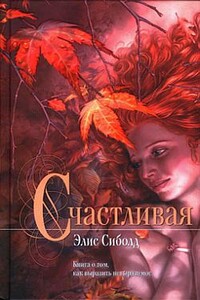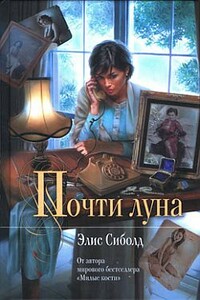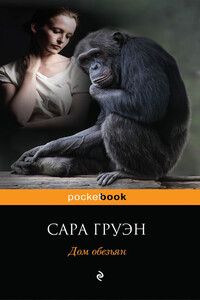When the sky had turned a dappled rose, Lindsey realized what was happening. My mother never lifted her eyes from her book.
“They’re having a ceremony for Susie,” Lindsey said. “Listen.” She cracked the window open. In rushed the cold December air and the distant sound of singing.
My mother used all her energy. “We’ve had the memorial,” she said. “That’s done for me.”
“What’s done?”
My mother’s elbows were on the armrests of the yellow winged-back chair. She leaned slightly forward and her face moved into shadow, making it harder for Lindsey to see the expression on her face. “I don’t believe she’s waiting for us out there. I don’t think lighting candles and doing all that stuff is honoring her memory. There are other ways to honor it.”
“Like what?” Lindsey said. She sat cross-legged on the rug in front of my mother, who sat in her chair with her finger marking her place in Molière.
“I want to be more than a mother.”
Lindsey thought she could understand this. She wanted to be more than a girl.
My mother put the Molière book on top of the coffee table and scooted forward on the chair until she lowered herself down onto the rug. I was struck by this. My mother did not sit on the floor, she sat at the bill-paying desk or in the wing chairs or sometimes on the end of the couch with Holiday curled up beside her.
She took my sister’s hand in hers.
“Are you going to leave us?” Lindsey asked.
My mother wobbled. How could she say what she already knew? Instead, she told a lie. “I promise I won’t leave you.”
What she wanted most was to be that free girl again, stacking china at Wanamaker’s, hiding from her manager the Wedgwood cup with the handle she broke, dreaming of living in Paris like de Beauvoir and Sartre, and going home that day laughing to herself about the nerdy Jack Salmon, who was pretty cute even if he hated smoke. The cafés in Paris were full of cigarettes, she’d told him, and he’d seemed impressed. At the end of that summer when she invited him in and they had, both for the first time, made love, she’d smoked a cigarette, and for the joke he said he’d have one too. When she handed him the damaged blue china to use as an ashtray, she used all her favorite words to embellish the story of breaking and then hiding, inside her coat, the now homely Wedgwood cup.
“Come here, baby,” my mother said, and Lindsey did. She leaned her back into my mother’s chest, and my mother rocked her awkwardly on the rug. “You are doing so well, Lindsey; you are keeping your father alive.” And they heard his car pull into the drive.
Lindsey let herself be held while my mother thought of Ruana Singh out behind her house, smoking. The sweet scent of Dunhills had drifted out onto the road and taken my mother far away. Her last boyfriend before my father had loved Gauloises. He had been a pretentious little thing, she thought, but he had also been oh-so-serious in a way that let her be oh-so-serious as well.
“Do you see the candles, Mom?” Lindsey asked, as she stared out the window.
“Go get your father,” my mother said.
My sister met my father in the mud room, hanging up his keys and coat. Yes, they would go, he said. Of course they would go.
“Daddy!” My brother called from the second floor, where my sister and father went to meet him.
“Your call,” my father said as Buckley bodychecked him.
“I’m tired of protecting him,” Lindsey said. “It doesn’t feel real not to include him. Susie’s gone. He knows that.”
My brother stared up at her.
“There is a party for Susie,” Lindsey said. “And me and Daddy are taking you.”
“Is Mommy sick?” Buckley asked.
Lindsey didn’t want to lie to him, but she also felt it was an accurate description of what she knew.
“Yes.”
Lindsey agreed to meet our father downstairs while she brought Buckley into his room to change his clothes.
“I see her, you know,” Buckley said, and Lindsey looked at him.
“She comes and talks to me, and spends time with me when you’re at soccer.”
Lindsey didn’t know what to say, but she reached out and grabbed him and squeezed him to her, the way he often squeezed Holiday.





